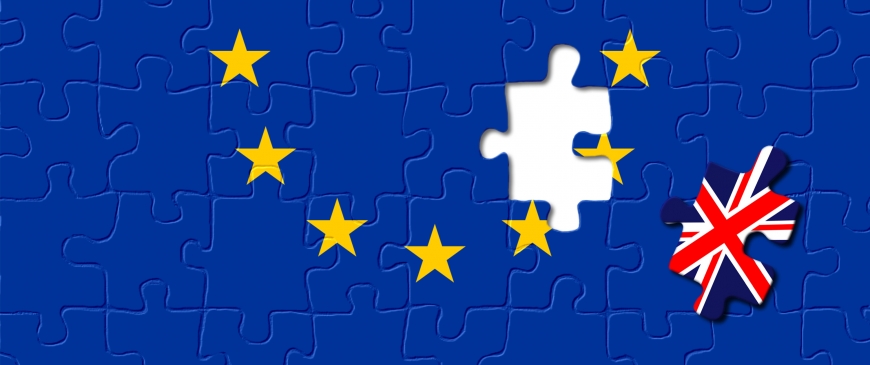
Will other EU countries block any attempt by the UK to renegotiate its membership?
David Cameron seems to have made it his mission to frustrate other EU countries. This means his plea for renegotiation will be (largely) rebuffed. What has Cameron done to upset the others? First, he took the Conservatives out of the centre-right group in the European Parliament. Then he threatened to veto the eurozone’s fiscal compact. He has crossed swords with the French over tax rates and the European budget. You may agree with these decisions, but they have worn Cameron's political capital away and isolated Britain. The others may give Britain some small reforms, like the abolition of EU restrictions on working hours. But they wouldn't see any advantage to full scale renegotiation – every state might then try to repatriate things they were unhappy with, unravelling the situation entirely. Not to mention, it would fail to satisfy the right of his own party.
John Springford is research fellow at the Centre for European Reform.
Angela Merkel, the EU's key player, has said she will "talk intensively" with the UK to find "fair compromises". She will also find areas of consensus: a reformed budget, less regulation and a more dynamic economy. Germany has good reasons to help. The UK is a good partner, representing 15 per cent of the single market, €14bn (£11.8bn) of the EU budget, and is a destination for 19.4 per cent of EU exports. The UK's EU trade deficit also remains important as the continent looks for growth. The UK is vital for the EU politically; without it, the liberal bloc would lose its ability to challenge the protectionist south. The UK is also one of only two EU global powers. Lastly, nearly all the proposals for eurozone integration require treaty changes. If others propose to change the way the EU operates, the UK has the ability and the right to put forward its vision.
Chris Howarth is senior political analyst at Open Europe.
